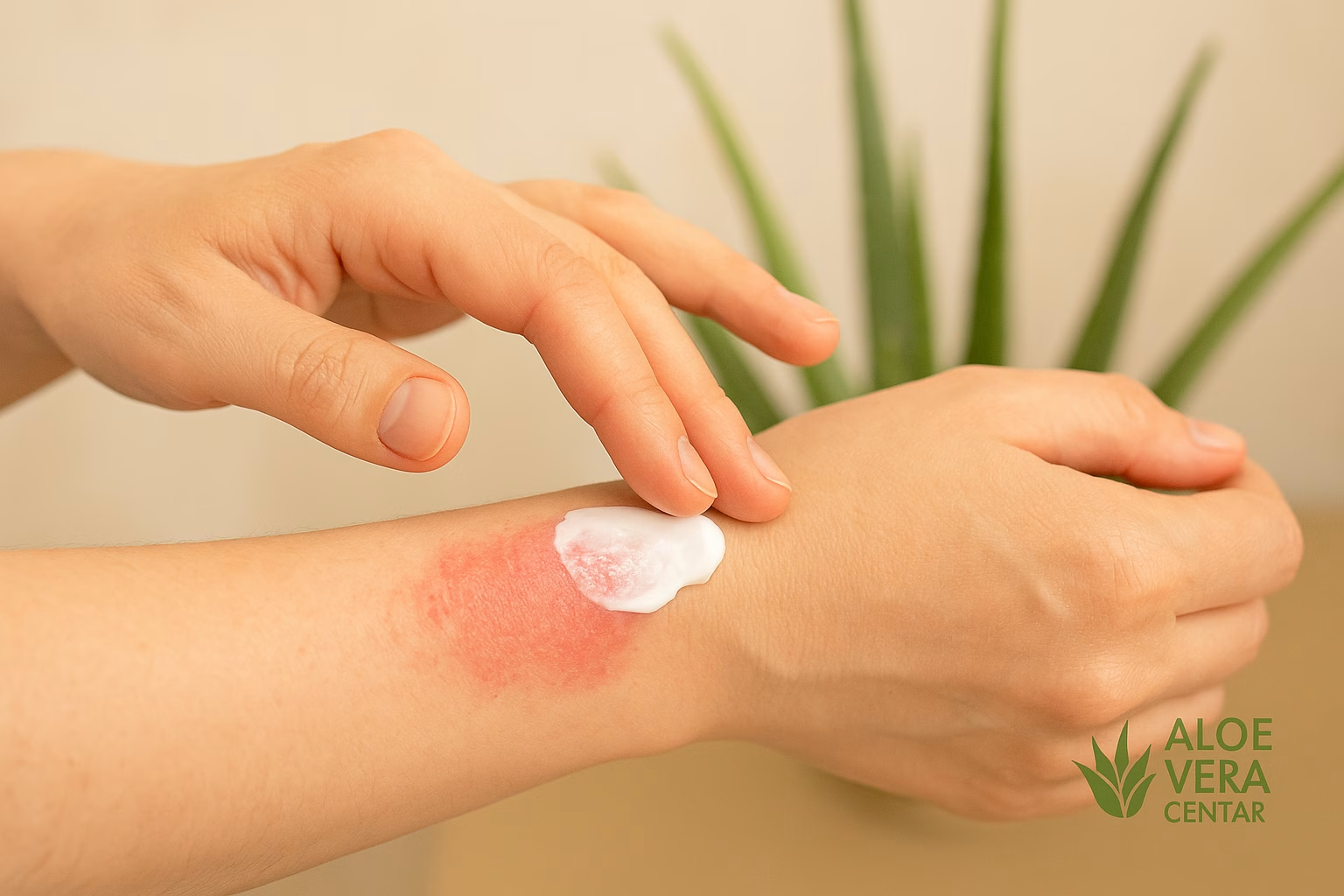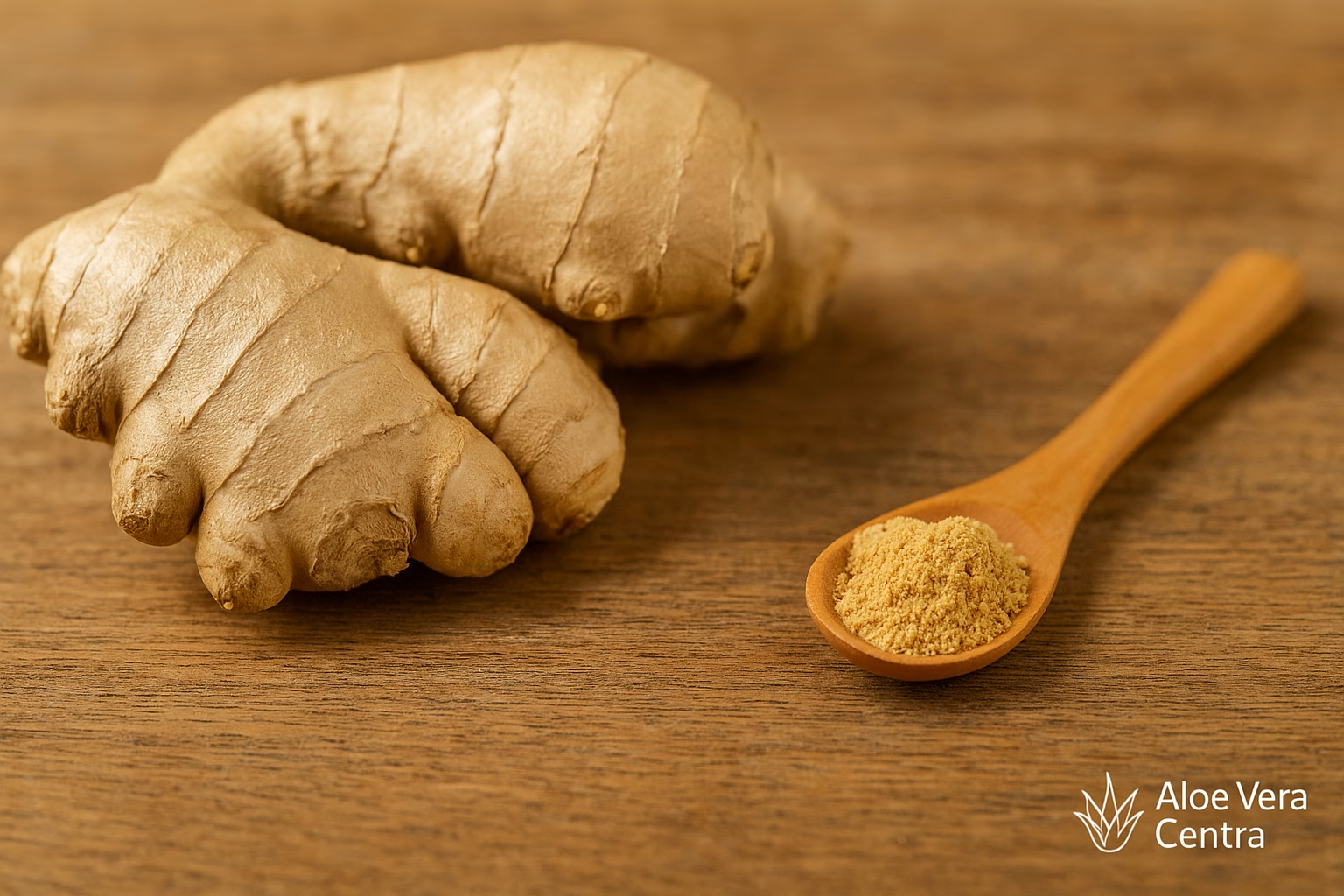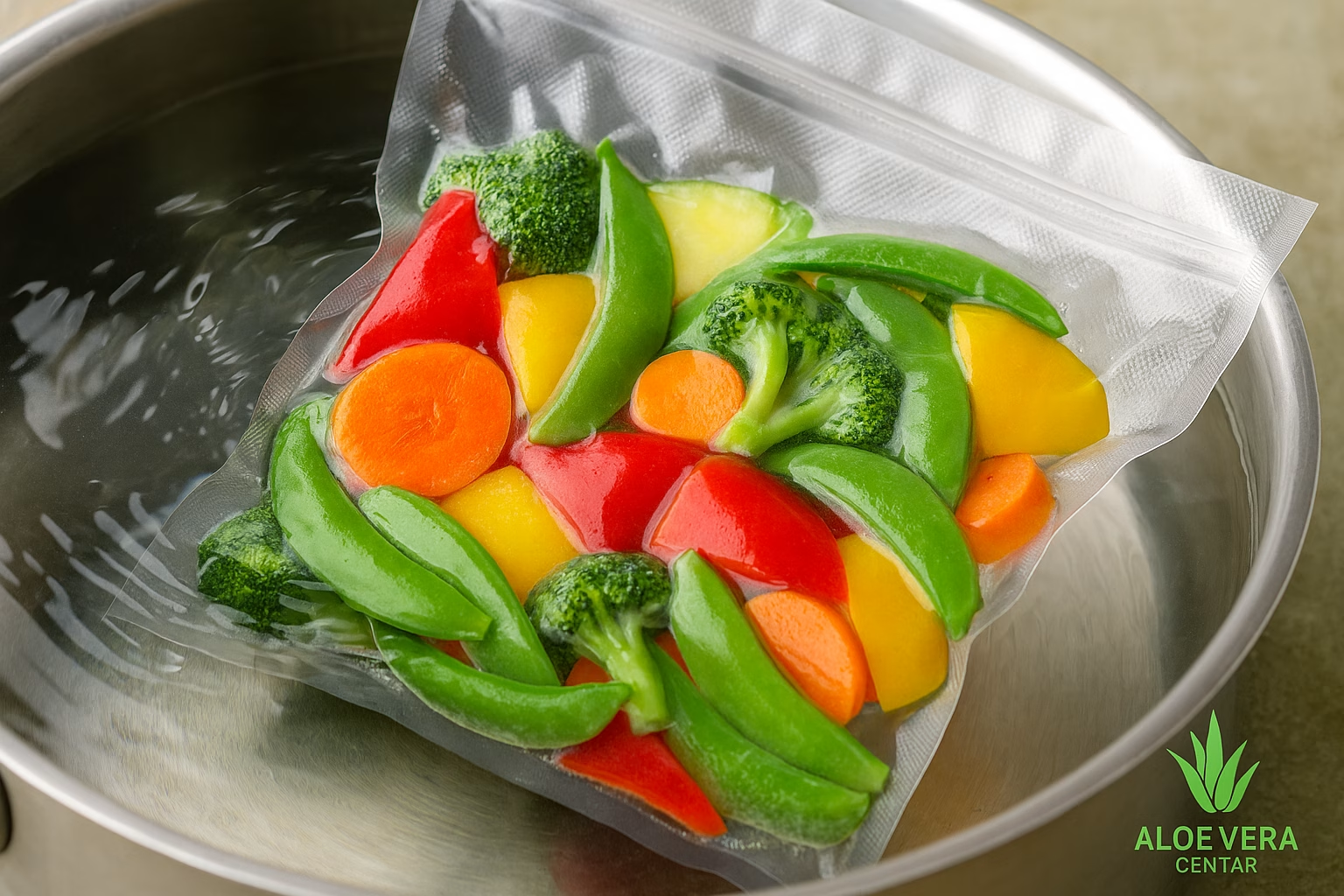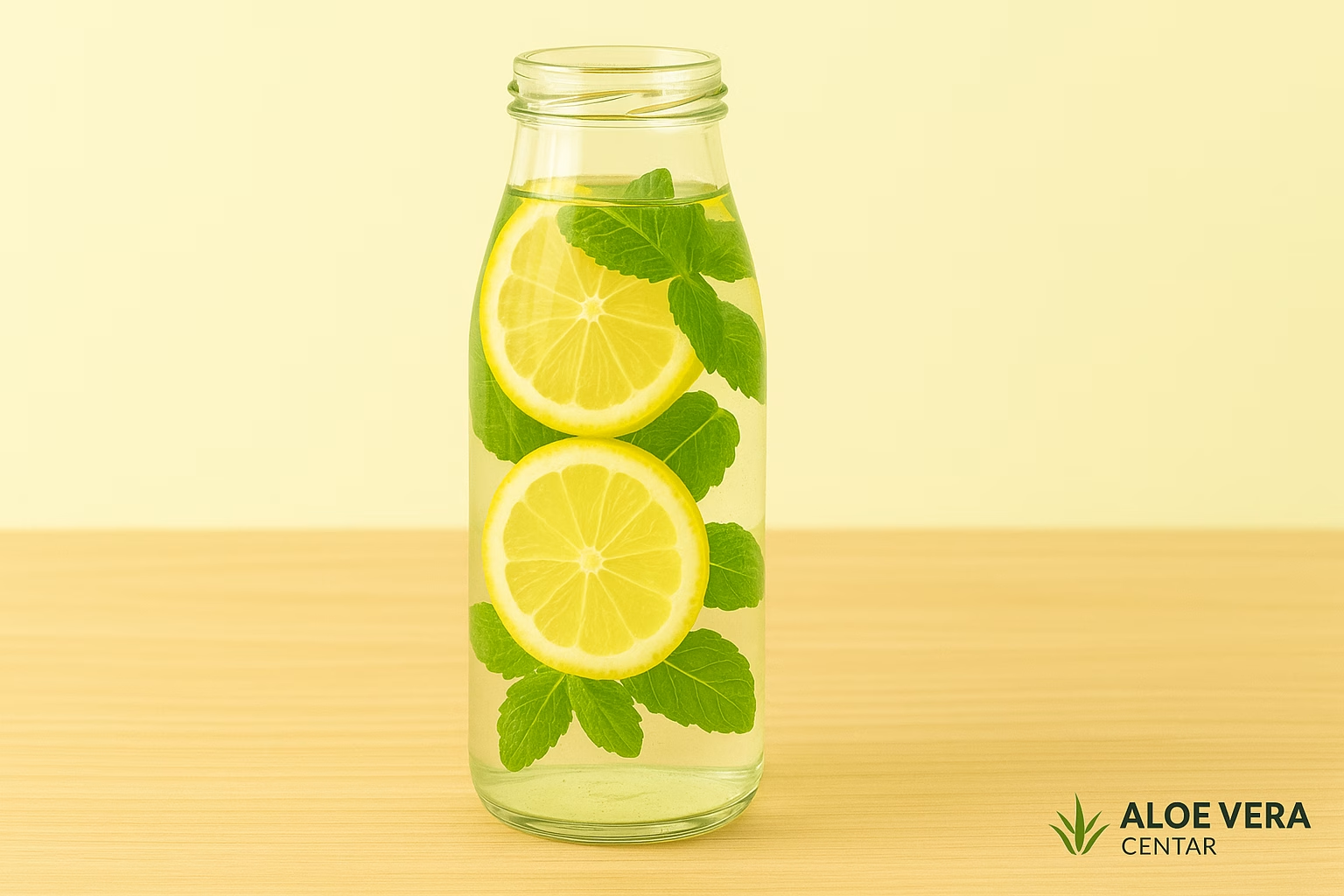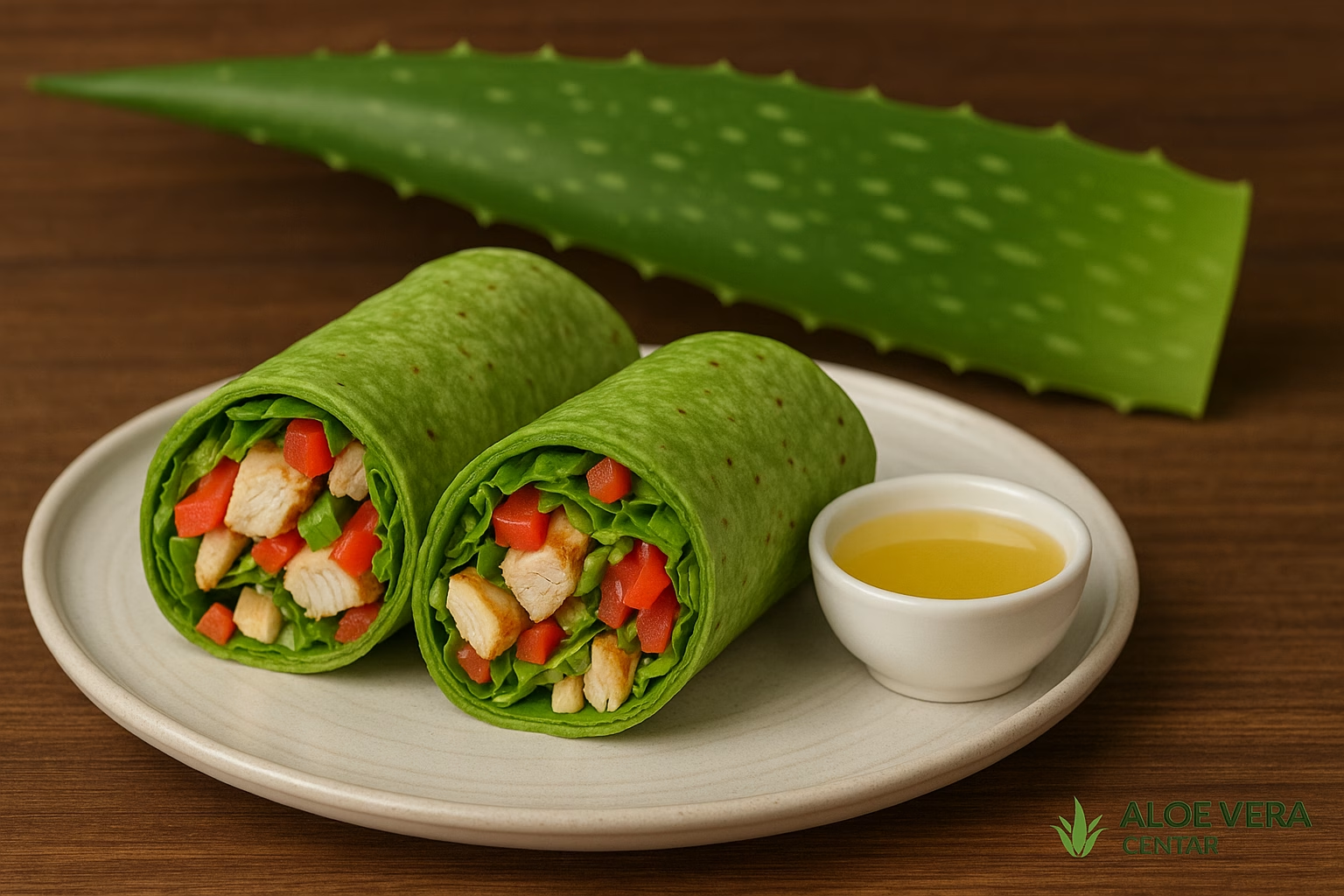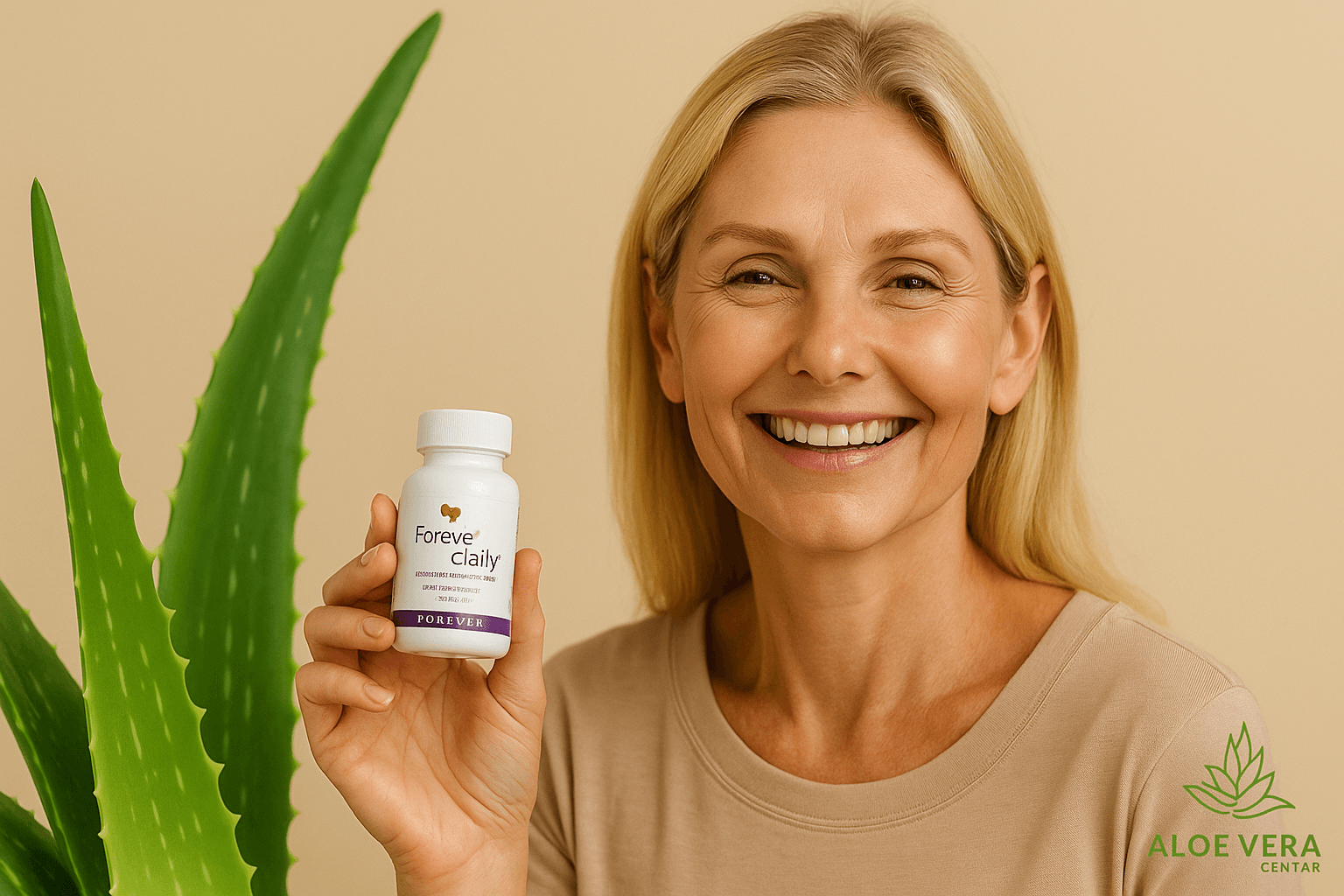
High cholesterol: How to lower it with diet, supplements and healthy habits
High cholesterol: how to lower it with diet changes and supplements
High cholesterol. Just reading these words can make you feel anxious or uneasy, especially if you’ve recently had blood tests that show elevated LDL (“bad”) cholesterol. You may be wondering, “Why me? Do I have to avoid my favorite foods for the rest of my life?” The good news is that there are practical and natural ways to lower high cholesterol—without resorting to a strict, no-go diet. Even better news: It’s possible that some adjustments to your diet and daily habits can do more than you think.
In this article, we will examine the main reasons why cholesterol increases, what to watch out for in your diet, and which natural supplements can help maintain normal blood lipid levels. We will also touch on supplements like forever arctic sea , the importance of essential fatty acids, and the effects of drinks like forever aloe vera on our bodies. For those who want to go a step further with weight regulation, we will also mention the c9 package as one of the options that can help you lose excess weight, thereby relieving the burden on the cardiovascular system.
Sounds too good to be true? Keep reading. Let’s unlock the secrets to improving your heart and blood vessel health through smart nutrition, natural supplements, and small changes in your daily life. This may be the key to lasting success in lowering your cholesterol.
What does “high cholesterol” actually mean?
Cholesterol is a type of fat (lipid) that is necessary for the normal functioning of the body. Our liver produces it naturally, and we also get it through our diet. In some people, the regulatory mechanism (the ratio of cholesterol production to breakdown) works flawlessly; in others, too much LDL cholesterol can accumulate.
There is also the so-called “good” HDL cholesterol that helps remove excess LDL from the blood vessels. So, it is important not only to look at total cholesterol, but also at the balance between “good” and “bad”. When LDL is too high and/or HDL is too low, the risk of fatty deposits accumulating on the walls of the arteries (atherosclerosis) increases. This can lead to heart attacks and strokes in the long run.
You may be wondering, “Why is my cholesterol going up, but my friend who eats the same way doesn’t have a problem?” The reasons include genetics, physical activity, diet, hormonal factors, and, of course, body weight. The good news is that by changing your diet, taking certain supplements, and getting more exercise, you can significantly improve your HDL to LDL ratio.
The main causes of high cholesterol and how to recognize them
High cholesterol often occurs “silently,” without any visible symptoms, so regular blood tests are the best solution. Important causes include:
- Genetic predisposition: If you have a family history of heart disease and high cholesterol, there is a greater chance that you will also face this challenge.
- Diet rich in saturated and trans fats: Excessive intake of industrially processed foods, fast food, and sweets.
- Lack of physical activity: A sedentary lifestyle reduces “good” HDL cholesterol and makes it difficult to burn excess fat.
- Excess body weight: Being overweight can increase LDL and triglycerides and lower HDL.
- Certain medications or conditions: Hormonal imbalances, diabetes, and thyroid problems can worsen your lipid profile.
If you know you fall into one of the risk groups, it’s a good idea to regularly monitor your cholesterol levels and make timely changes. Keep in mind that even small adjustments to your diet can make a big difference.
The role of diet in lowering cholesterol: what exactly to eat?
First and foremost: Focus on whole foods . This means prioritizing vegetables, fruits, whole grains, legumes, and healthy fats. Here are some specific guidelines:
- Limit saturated fats and trans fats: Found in fatty red meat, whole milk, butter, and many processed baked goods. Instead, choose olive or avocado oil, nuts, and seeds.
- Increase your fiber intake: Soluble fiber (oats, barley, flaxseed, legumes) helps reduce cholesterol absorption in the intestines. Regular consumption of these foods is important for achieving lipid balance.
- Eat fish and healthy fats: Oily fish like salmon, sardines, or mackerel are rich in omega-3 acids, which can help reduce inflammation and improve the ratio of HDL to LDL cholesterol.
- Fruits and vegetables: Rich sources of antioxidants that prevent LDL oxidation (oxidized LDL is particularly dangerous for the cardiovascular system). Berries, citrus fruits, and dark leafy vegetables are ideal allies for health.
- Moderation in alcohol and sugar consumption: Excessive intake of sweets and alcoholic beverages adversely affects triglycerides, which indirectly disrupts the lipid profile.
Before you start buying “super-healthy” foods, think about making small but consistent changes. For example, if you’ve been eating white bread, replace it with whole grain bread. Instead of regularly consuming fatty cheese, choose low-fat cottage cheese and add more vegetables as a side dish.
Can weight regulation help?
Absolutely yes. Being overweight often worsens your lipid profile, especially if the excess weight comes from the accumulation of fat tissue in the abdominal area (visceral fat). Waist is actually a good indicator of cholesterol and general cardiovascular risk. The larger the waist, the higher the LDL and the lower the HDL.
If you’re thinking about losing weight, one popular program that combines detox and calorie control is the C9 Package . It’s a nine-day program that encourages healthier eating habits, regular hydration, and moderate exercise. Why would you consider such an approach? Because it has been shown that even a small weight loss, such as 5% of your total body weight, can significantly lower LDL cholesterol and triglycerides. In addition, if you take off your “mission”
If you see losing weight as a short-term or “shock” approach, you will easily fall back into old habits. That’s why it’s important to develop long-term, sustainable eating and exercise patterns alongside programs like C9.
Dietary supplements to help lower cholesterol
In addition to diet and exercise, many people turn to supplements that can provide additional support. One such supplement is Forever Arctic Sea , which contains omega-3 fatty acids. Here is a brief overview of popular supplements:
- Omega-3 (fish oil): Helps lower triglycerides, slightly increases HDL and reduces inflammatory processes in blood vessels. An example is forever arctic sea (rich in DHA and EPA acids).
- Red yeast rice: Produces monacolin K, a natural substance similar to statins. However, it should be taken with caution and in consultation with a doctor due to possible side effects.
- Beta-glucan: Fiber often obtained from oats and barley; helps to limit the absorption of cholesterol. It is available in powder or capsule form.
- Coenzyme Q10: Although primarily known for helping cells produce energy, coenzyme Q10 may be beneficial in cardiovascular health, especially in people on statin therapy.
- Aloe vera: Some studies show that regular consumption of aloe vera can contribute to the stabilization of metabolic processes and support better digestion and detoxification. Forever aloe vera (Aloe Vera Gel) is often the choice of those who want natural support for the body as a whole.
We emphasize, dietary supplements are not magic pills. They work best as an adjunct (hence the name) to a healthy diet and lifestyle. If in doubt, you may want to use our AI advisor for personalized recommendations, especially if you are already taking any medications.
Exercise: can you lower cholesterol without a drastic diet?
The answer is yes, but exercise alone is not enough if your diet is full of processed foods and bad fats. However, regular exercise speeds up fat metabolism, improves circulation and promotes an increase in “good” HDL cholesterol. You don’t have to run a marathon – brisk walking, cycling or swimming a few times a week is enough.
Additionally, light strength training (lifting weights or your own body weight) helps build muscle mass, which then burns more energy and prevents the accumulation of fat tissue. It is important to find an activity that you enjoy so that you can do it consistently. Exercise should not be stressful but an investment in your health.
Why do omega-3 acids deserve special attention?
Omega-3 fatty acids, especially DHA (docosahexaenoic acid) and EPA (eicosapentaenoic acid), have been shown to have a protective effect on the heart and circulatory system. They can reduce inflammation, lower triglycerides, and slightly increase HDL. For people with high cholesterol, Forever Arctic Sea is often beneficial because it contains a combination of fish and olive oil, which additionally provides oleic acid.
According to some studies , regular consumption of omega-3 helps reduce the risk of cardiac arrhythmias, inflammation, and the development of atherosclerotic plaques. However, you need to be careful about the dosage and source (the quality of the fish oil is very important) to achieve the desired effect.
Example of a menu for lowering cholesterol
Here’s what a balanced day might look like, adapted for people with high cholesterol:
- Breakfast: Oatmeal with berries and ground flax seeds. A cup of green or herbal tea. (Optionally a drop of honey if you want to sweeten it.)
- Snack: One apple or fresh pear, a handful of almonds.
- Lunch: Whole-wheat pasta with olive oil, broccoli, and pieces of chicken (white meat). Served with a green salad with olive oil and lemon juice.
- Snack: Smoothie made with spinach, cucumber, a little apple and a teaspoon of Forever Aloe Vera gel for extra freshness and detox.
- Dinner: Baked fish (salmon or mackerel) with boiled Brussels sprouts and quinoa. If desired, add spices like turmeric or ginger, which are also beneficial for blood vessel health.
- Before bed: A glass of water or a light, caffeine-free herbal tea. Avoid late-night snacks.
Of course, this is just one example. The goal is to get as many antioxidants, fiber, and healthy fats as possible, and limit saturated fat and empty calories.
When to consider “tougher” measures?
Sometimes lifestyle changes aren’t enough, or you’re dealing with very high cholesterol. In such cases, your doctor may recommend statins or other medications that directly block the body’s production of cholesterol. But even then, a healthy diet and supplements like Forever Arctic Sea remain a welcome support.
If your LDL levels exceed dangerous levels, don’t hesitate to contact a specialist. Not every person with high cholesterol needs to immediately switch to medication, but without monitoring your condition and consulting with your doctor, you may miss the right time for intervention.
Small steps for big results: additional tips
- Walking or cycling: Just 30 minutes a day can significantly impact the health of your heart and blood vessels.
- Reduce stress: Stress stimulates the secretion of the hormone cortisol, which can negatively affect fat metabolism. Find relaxation techniques like meditation or yoga.
- Regularly measure your blood pressure and cholesterol: Monitoring is key, because if you are approaching risky values, you can react in a timely manner.
- Caution with alcohol: Moderate consumption (1-2 drinks per day for men, 1 for women) may be acceptable, but anything above that negatively affects triglycerides and the liver.
- Think about meal planning: If your problem is “what am I going to eat today?”, plan ahead and buy healthy foods to avoid fast, often unhealthy food.
If you want to delve deeper into how to align your eating habits with nutritional supplements and a targeted exercise plan, you could get 15% off select products and consultations if you opt for a holistic approach. Additionally, you can use our AI advisor to get quick ideas and a personalized plan.
Frequently asked questions
1. How quickly can I expect results after changing my diet?
Changes in cholesterol usually become visible after 4-6 weeks of regular implementation of new dietary and lifestyle habits. It is important to be patient and persistent. Regular blood tests every 2-3 months will show you whether you are on the right track.
2. Can I take statins and natural supplements at the same time?
Statins and supplements like omega-3 or aloe vera can generally be combined, but be sure to consult your doctor. Some combinations can enhance or interfere with the effects of medications, so it’s a good idea to get expert approval.
3. Can children have high cholesterol?
Yes, although this is less common. In children, high cholesterol is most often linked to a genetic predisposition or extremely unhealthy eating habits. It is important to seek the advice of a pediatrician and nutritionist if you notice a problem.
4. Is the c9 package suitable for anyone who wants to lose weight due to high cholesterol?
Although the C9 package can be a useful initial weight management program, it is recommended to read the instructions and consult a doctor if necessary, especially if you have a chronic illness or are taking medication. However, for most healthy adults, it is a quick and effective start.
Conclusion
High cholesterol doesn’t have to be a “death sentence” for your health. With sensible dietary adjustments and regular physical activity, many people achieve normalization or at least significant improvement in their lipid profile. Key points that you can implement today are increasing your fiber intake, replacing bad fats with quality sources (such as fish and nuts), and introducing supplements such as forever arctic sea and forever aloe vera to support overall cardiovascular health. If you are overweight, the c9 package can be an initial step towards faster fat loss and indirect reduction of LDL cholesterol.
Don’t forget to have regular check-ups with your doctor. If lifestyle changes don’t improve your cholesterol levels, you may need to consider other steps, including pharmacological therapy. However, for many people, consistent and permanent changes in diet and habits can work wonders.
Have the courage to take small steps. Heart and blood vessel health is a long-term investment that is well worth it. If you’re not sure how to get started, you can use our AI advisor or get a 15% discount on key products to give you an extra boost. Regardless of the approach, remember that every small shift in a healthier direction brings benefits—not just in your cholesterol numbers, but in your overall sense of vitality and energy.
Disclaimer: This article is for informational purposes only and is not a substitute for medical advice. For more serious health concerns or concerns, please consult a professional for individualized recommendations.

